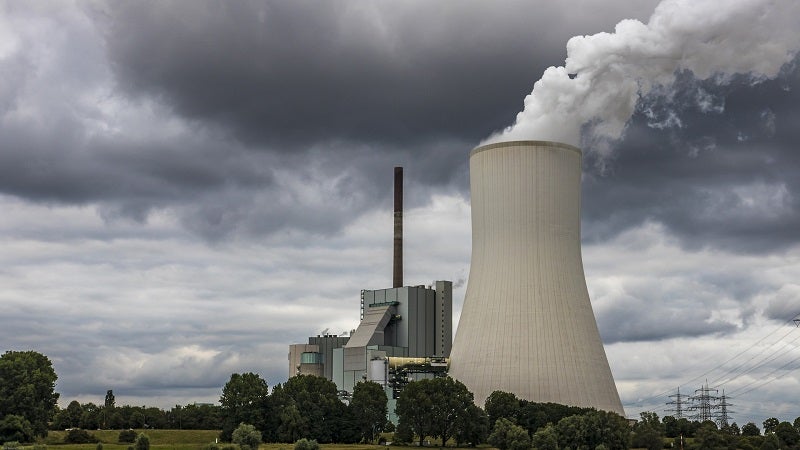
The Government of Japan is set to reduce the country’s use of fossil fuels such as liquefied natural gas (LNG) and coal for energy generation.
The move is intended to help the country meet its 2030 carbon emission targets, according to a draft of the Ministry of Economy, Trade and Industry’s latest policy.
According to the policy draft, renewables should account for 36% to 38% of power supply by 2030.
The nation is aiming to reduce its dependency on nuclear power and increase its renewable energy capacity.
The government had previously set a target of having renewables account for 22% to 24% of Japan’s energy mix by then.
Under its new plan, the country aims to reduce its use of coal to generate electricity from 26% to 19% and to reduce the use of LNG from 56% to 41%.

US Tariffs are shifting - will you react or anticipate?
Don’t let policy changes catch you off guard. Stay proactive with real-time data and expert analysis.
By GlobalDataThe country has not made any changes to its nuclear target, which remains constant at 20% to 22%.
Some industry and corporate executives have urged the government to include the construction of new nuclear power plants in the draft, but the government has not done this.
Wood Mackenzie Asia-Pacific power and renewables research head Alex Whitworth said: “Safety regulations, public opposition and rising costs make the 20% nuclear target incredibly challenging to meet.
“Our outlook is that nuclear could only hit 9% of generation by 2030. Overoptimism on nuclear makes the plan look unrealistic and could undermine plans to reduce coal and gas share.”
Under Japan’s most recent energy strategy, new fuels such as hydrogen and ammonia will account for around 1% of the electricity mix by 2030.
In order to achieve its carbon emission reduction target, the government plans to increase the share of renewable energy in the country’s electricity mix.
Last December, the government announced plans to quadruple its offshore wind generation capacity by 2040 as part of its efforts to meet its 2050 decarbonisation target.



